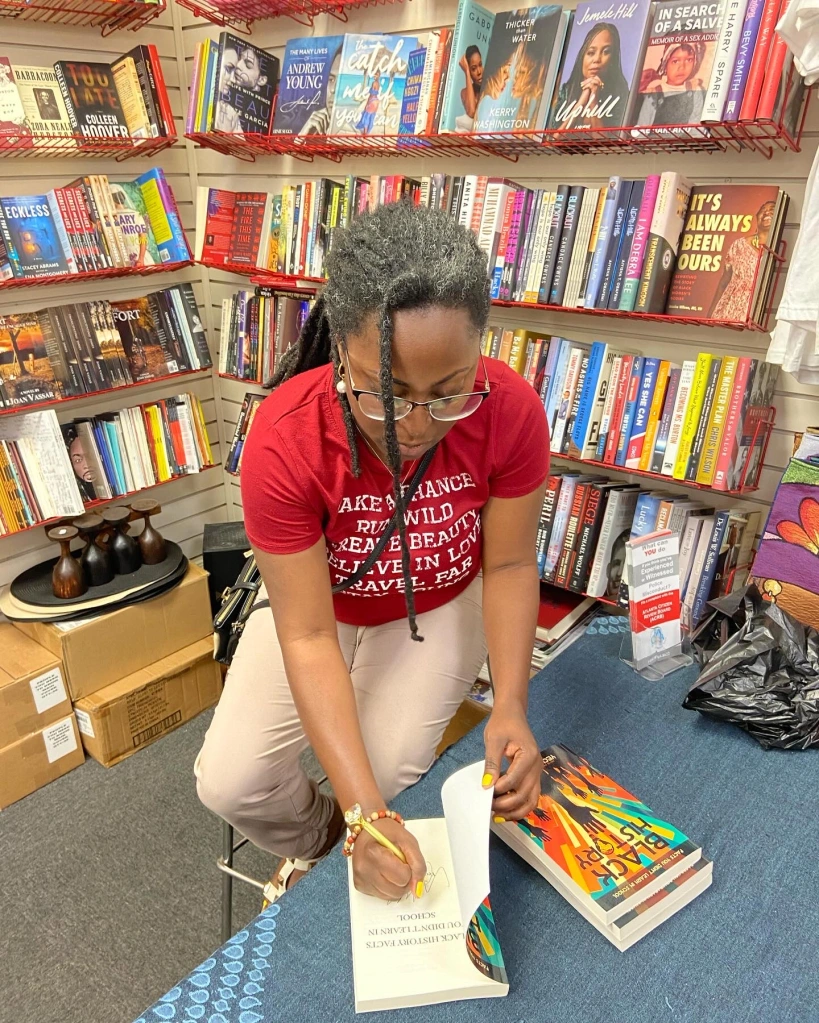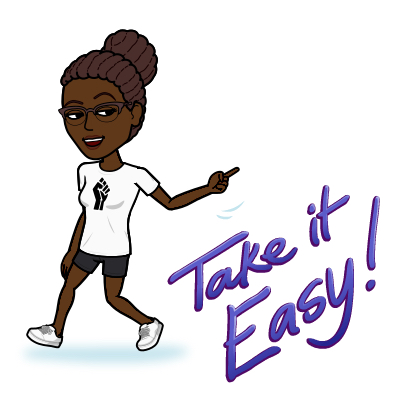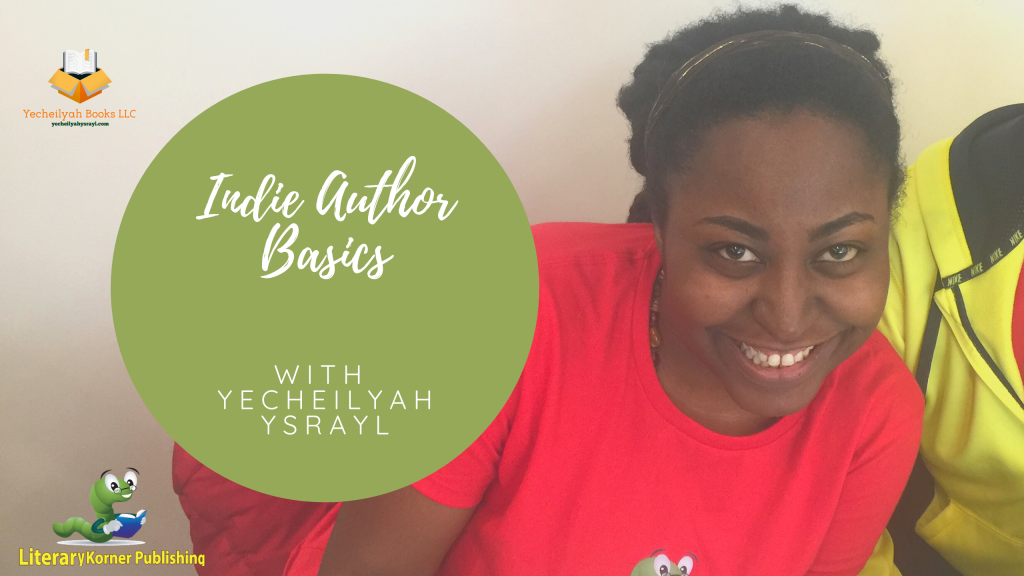I was listening to a podcast with Myron Golden (he’s brilliant) about high-ticket coaching and sales, and I realized something: It’s hard to sell books because people don’t buy books.
They buy into the message behind the book, and its perceived value.
It’s not even about the book’s quality because people don’t buy quality either. They expect it.
I call this series Indie Author Basics because it focuses on the fundamentals of creating high-quality books. Every reader wants the book they buy to be well-produced. At the most basic level, we want to produce a high-quality book that meets that expectation.
But to go deeper, even more than quality, is what people feel. People will pay you when something is worth more than the money to them, and that’s the perceived value and the message.
This is why, as authors, we do interviews and podcasts, book signings, and meet and greets. It is why we write blog posts, post to social media, collaborate with other authors, and build relationships: to create an environment that helps us amplify our voices.

“Dig your well before you’re thirsty.”
– Harvey MacKay
Before I published Black History Facts, I published over fifty articles on Black History Fun Fact Friday. I then headed to IG and TikTok, turning those fun facts into posts and videos. It did better than I expected. In fact, it did so well that people asked me about the book, which wasn’t published yet.
I created an appetite for the book before I wrote the book.
I also set my preorder price for the ebook to $9.99 on Amazon and sold the hardcovers for $34. I also offered a bundle package which I sold for $97. From this, I learned two things:
- To quote Golden, “Your price is part of your branding.” It tells people how valuable you are.
I knew I needed to upgrade my mindset and prices for this kind of book. People who buy premium-value products will buy something just because it’s expensive. Their own sense of intrinsic value will cause them to pay more because it reminds them that they are worth it.
A person who purchases a Rolex probably didn’t do it because they wanted to wear a watch. They could buy any watch if they just wanted to tell time. But what they want is the prestige that comes with wearing an expensive watch.
This means that people also buy status.
SN: This does not mean throwing something together and then charging people up the ass for it. Remember, a good quality product is basic.
- People will pay you when the perceived value is worth more than their money.
People buy belonging, confidence, safety, knowledge, and solutions to their problems.
They buy reassurance and peace of mind.
So, I will not try to sell books because I now know that people don’t buy books.
Instead, I will continue to share my message (restoring black historical truth) and create an appetite for it by delivering value!
Drop a comment if you’re with me!








 I thought I was big time.
I thought I was big time.


